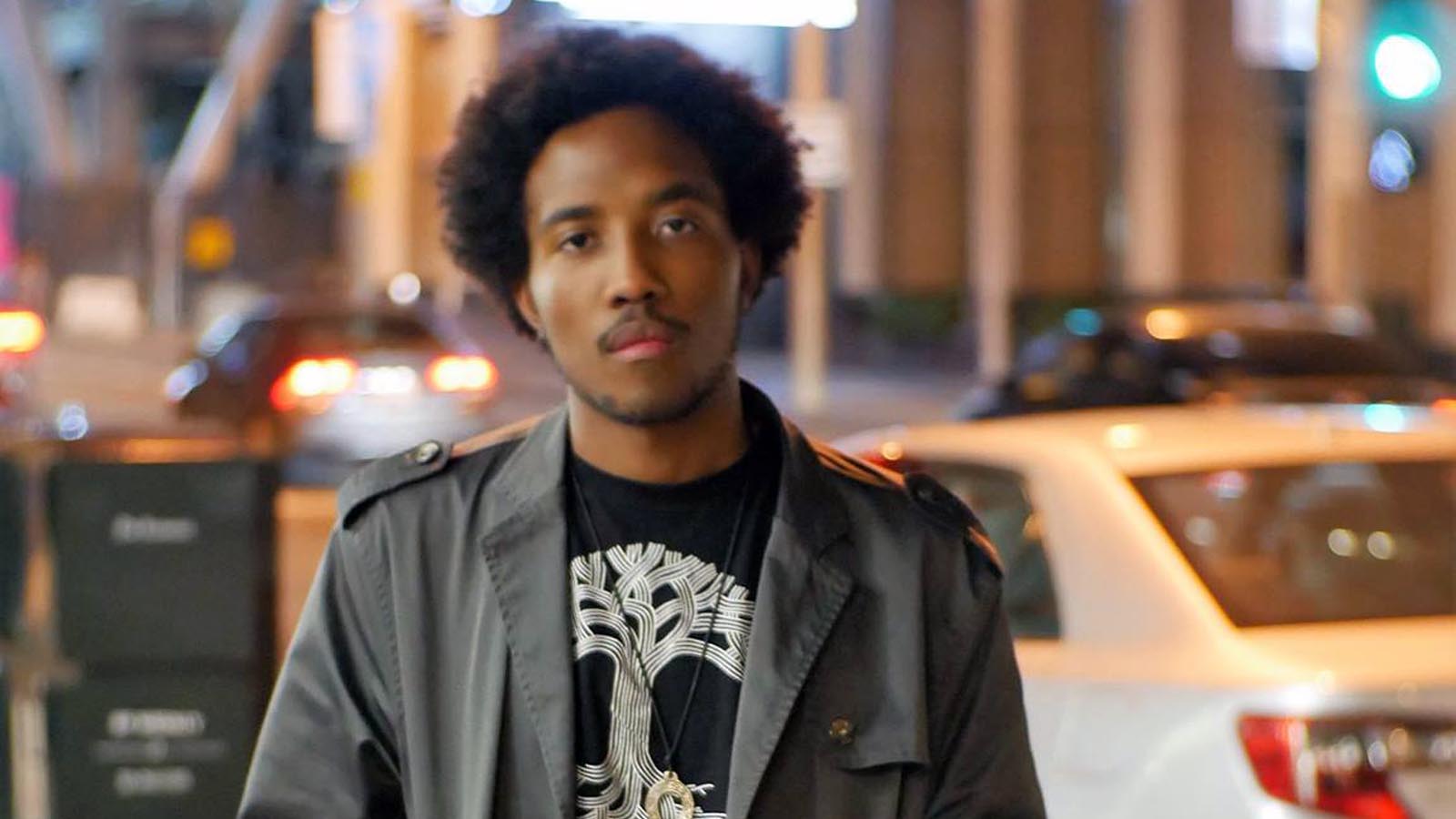Sadly, this week’s post is a reminder that the gun violence that disproportionately impacts minority communities in the United States also impacts Jews.
I remember crying on my 21st birthday. I’d made it. Twenty-one is not simply the age in which the doors of adulthood become almost fully accessible. For those like me who grew up in Oakland, it is also a marker of resilience, of wrestling, of wit, of circumstance. I cried because of those who hadn’t made it, because there were times I was sure I wouldn’t, either.
My cousin, my brother, my friend—Victor Godiel Ajaye McElhaney—was murdered in a senseless act of violence earlier this month in Los Angeles, just blocks away from the University of Southern California, where he was an exemplary student. He was robbed of his life in an attempted robbery of material possessions. That is all I know. That might be all I ever know. Yet the truth ringing in my ears is that it doesn’t matter what accolades one may have, what talents or ambition or exceptionality, when you are Black in America, at any point, you may be reduced to a devastating hashtag.
Victor had made it to 21, but not through. He was a month shy of his 22nd birthday.
Lost in the national conversation on gun violence are the everyday stories, too numerous to count. Random mass tragedies are more sensational, more attention-grabbing. Many of these events are dismissed by assuming the perpetrators are mentally ill, of one persuasion or another. We rationalize homicide in the Black community as “Black-on-Black crime.” We ignore the victims of violence while trying to seek answers were none can be found. We try to make sense of the senselessness.
Black males between ages 15-25 are more than 4 times more likely to die of homicide than their white counterparts. We often think of Black men as perpetrators of crime and not as undeserving victims of random acts of violence. Of 76 homicides in Oakland in 2018, 80% of the victims were Black men—someone’s son, brother, cousin, father, partner.
But even when a Black man makes it to 21, even if he attends a prestigious university, even if he is a talented musician, a charismatic leader, a loving friend, even if he leaves Oakland to chase a dream, even if he was never involved in any criminal activity, even if he was an activist against gun violence, even if he debated the conservative pundit Ben Shapiro, even if his 22nd birthday was less than a month away, nothing can guarantee that he will not meet the same fate as many of the sons of Oakland.
My cousin, Victor, was a dynamic mix of contrasts, as noted by his professor Peter Erskine: “He was quiet, but he spoke up. He was proud, but he was humble. He was serious, but his smile could light up any room. He could swing on the drums, and be funky, too. After all, he did come from Oakland.” He will always be a son of Oakland.
Victor believed music had the power to heal the world. As soon as he was old enough to self-identify, he often introduced himself by saying, “I drum.” My cousin wasn’t Jewish, but his soul is a nigun, a song. His music broke barriers, transcended difference, inspired and transformed those who heard it. He was beloved by the communities he moved with his rhythms.
Even in death Victor exudes life. The last two weeks have been full of interfaith celebrations of his life from Oakland to LA: jam sessions; a heart-felt performance by Kirk Franklin at USC; an Afro-Soul shiva, where we said kaddish and sang gospel songs; visits by pastors, imams, and rabbis, including Rabbi Jacqueline Mates-Muchin, who spoke at his community memorial. Even in the midst of so much pain, there was joy.
Today, the tears have not dried. The Torah reminds us that death is a natural part of life, nothing to be feared. But this death, this is not natural. It’s a nightmare. The kind that shakes you to your core. The kind that leaves you feeling naked and alone. The kind that makes even the strongest of men crumble. The kind that sears a mother’s primal cry into your memory, triggering your own piteous tears.
To know peace is to know justice. No justice, no peace.
Love life.
#SayHisName #VictorMcElhaney
Click here if you would like to contribute to the Victor McElhaney Memorial Fund.







